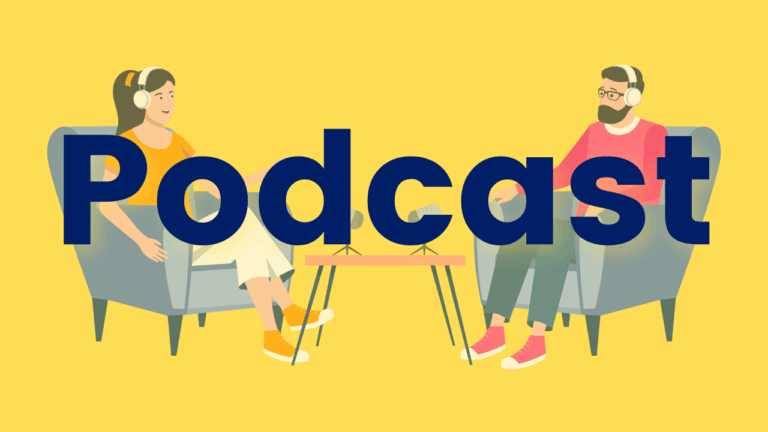What’s Going On in this Picture?
On this site, daily Intriguing Times pictures without captions are posted, offering an opportunity for rich discussion and conversation, building oral language skills.

On this site, daily Intriguing Times pictures without captions are posted, offering an opportunity for rich discussion and conversation, building oral language skills.

Barrier games are fantastic resources to support a child’s speech and language skills. There are many benefits from using barrier games with a child such as developing: listening skills, oral language skills, social language skills, clear talking and understanding of concepts. They are great for extending the amount of information a child can understand or…

These are the key ideas and principles guiding the ONlit team’s work. We hope they might be helpful for you, as well, as we collectively work toward shifting systems to allow all children realize their right to learn to read.

Keeping a vocabulary journal is a strategy for helping students apply their knowledge of new words. Research shows that writing supports memory of words because it requires the cognitive skills of retrieval and repetition. Their vocabulary journal can also be a reference for students to use as they write. And they can add to it…

Joan Sedita, founder of Keys to Literacy, explains the two key steps students need to learn in the revision process when writing: thinking critically about what they have written and how they can make improvements and proofreading.

The ultimate goal of writing is communication, says Joan Sedita, founder of Keys to Literacy, who adds that teachers can help students struggling with transcription or spelling by using other strategies like dictation or drawing to help them develop their writing skills.

Joan Sedita, founder of Keys to Literacy, talks about how using “mentor texts” — short pieces of literature students can read and reread for specific learning purposes — can help students become better writers.

Motivating young writers is not always easy, says Joan Sedita, founder of Keys to Literacy, but some strategies include giving students opportunities to work collaboratively, encouraging students to write about topics that are meaningful to them, and teaching students the power of writing to an authentic audience.

Joan Sedita, founder of Keys to Literacy, talks about the four main stages of writing: thinking, planning, writing, and revising and the fact that the more time and effort students put into the first two stages and the last stage, the better their writing will be.

In this week’s episode, Kate chats with Dr. Steve Graham about all things writing. Dr. Graham highlights the importance of handwriting and spelling, and unpacks evidence-based strategy instruction to build strong writers.

Kate chats with Dr. Jack Fletcher this week, unpacking all things dyslexia: Risk factors and prevention, dyslexia vs dysteachia, instructional tips, wait-to-fail, and dyslexia myths and misconceptions.

This week Kate talks to Kristin Conradi Smith, Tammy Williams, and Ellen Frackelton about research-based comprehension strategies for the classroom, including considerations for text selection and preparation, common pitfalls to avoid and “use it tomorrow” ideas. Bottom line: no more strategy of the week!